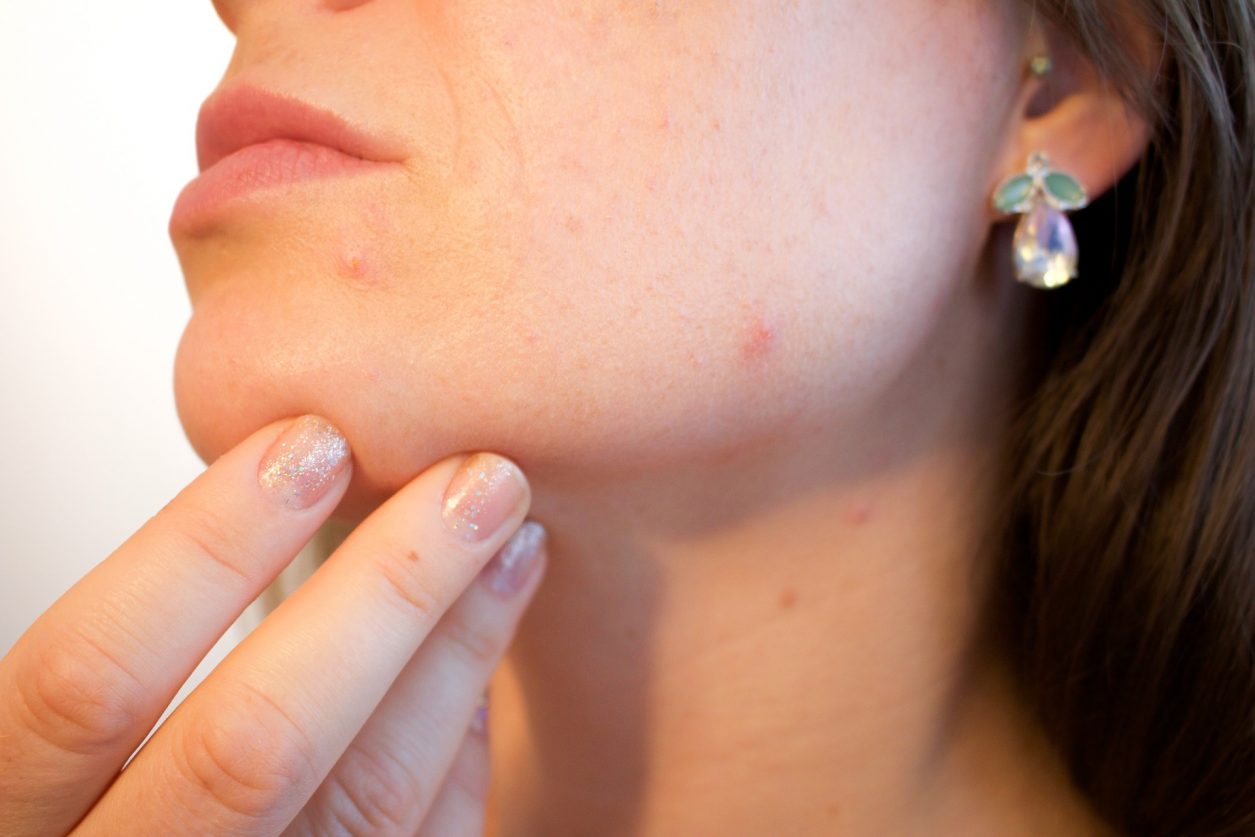
Some skin care products meant to treat your skin and prevent acne may sometimes be the actual reason for breakouts.
The truth is, many products contain ingredients that are comedogenic and may trigger spots. This is why acne-prone skin individuals should be extra selective with the products they apply to their face and make sure they are non-comedogenic.
But besides comedogenic skin care ingredients, there are other reasons why certain components cause breakouts. If you are suffering from acne, it’s best to understand the ingredients you should avoid to effectively get rid of spots and stop them from spreading.
Alcohol
Alcohol is known to remove oil on the skin which dehydrates and irritates it. While it may produce a mattifying effect on the surface, alcohol causes the sebaceous glands to secrete more sebum. This excess oil gets trapped in the pores and becomes a breeding ground for acne-causing bacteria. Additionally, alcohol enlarges your pores, inviting more dirt to reach deep into your pores and cause breakouts.
Lanolin
This is a natural, fatty substance from the lamb’s wool. It’s what makes the sheep’s fluffy coat weatherproof. Lanolin is found mostly in moisturisers. While it may not cause skin irritation for those who are not acne prone, it may trigger more flare-ups and breakouts to those who are. The reason being, Lanolin is highly comedogenic and can clog pores, which may lead to cystic and recurring acne.
Silicones
There are numerous variations of silicone, such as dimethicone, methicone, cyclomethicone, and trimethicone. They give the skin a silky, velvety feeling and are usually found in sunscreens, primers, and other hair-styling products. What many people don’t know is, while it gives that soft texture, they can cause breakouts especially to acne-prone skin. Silicones clog pores over time and lead to occasional breakouts.
Isopropyl Myristate
All comedogenic products clog pores and lead to breakouts. Isopropyl Myristate is a highly comedogenic ingredient that supposedly helps create a soft and soothing effect on the skin. It gives this smooth and sheer feeling because of its ability to lessen greasiness. Many people may love the effect of it at first, but the damage will show in the long run. This ingredient absorbs deep into the skin and slowly clogs pores, leading to a severe breakout.
Coconut Oil
Lauric acid is a highly-rated comedogenic ingredient found in some cosmetics and skin products. Unfortunately, lauric acid is also found in coconut oil. The nutrients from coconut oil may sound very beneficial and inviting, but they really do absorb into the skin and cause buildups. This clogs the pores with oil, dead cells, and makeup products leading to acne. However, coconut oil may still be beneficial to those who have dry to normal skin as their pores do not clog as easily.
Sodium Lauryl Sulfate
Also known as SLS, are responsible for the foaming found in shampoos, face wash, body wash, and toothpaste. A good lather may make us feel cleaner, but sulfates strip away the natural moisture and oils from our skin and hair. Removing these natural oils on our skin can trigger more sebum production, which can lead to breakouts. The film left by this foaming agent can welcome more acne-causing bacteria and clog your pores
Artificial Fragrances
As much as we love scented products on our face, these ingredients may contribute to clogging pores and increase skin’s irritation and photosensitivity. Benzaldehyde, an added fragrance in some skin-care products, is found to clog pores and irritate the skin. Fragrances can trigger inflammatory reactions and may contain hormone disruptors that can worsen your breakouts. If you are suffering from dry skin, then skin care products with fragrances may cause your skin to blotch and itch even more.
Parabens
Parabens are petroleum-based products that do not benefit your face at all. They are used as a preservative to extend the shelf lives of some moisturisers, makeup, shampoo, shaving gel, and lubricants. This includes many subtypes, but propyl, butylparaben, isobutyl parabens, and isopropyl are those that disrupt the endocrine system and overstimulate hormones, which leads to acne.
Now that you have this list of skin care ingredients to avoid if you have acne, you might want to put in an extra effort checking the components of your products. The best first step to minimise the chances of acne and breakouts is to prevent it from happening.
Even if you’re acne-prone, you can still love your skin and help prevent breakouts. If you have developed acne scars, don’t worry, you could also get rid of those and even the most challenging scars.
INFINI treatment uses both micro needling and radio frequency technologies for effectively treating acne scars. It treats even the deepest scars by penetrating deep into the skin layers and stimulating collagen and elastin production, and cell regeneration. Here is some additional info about this treatment for acne scar removal.





